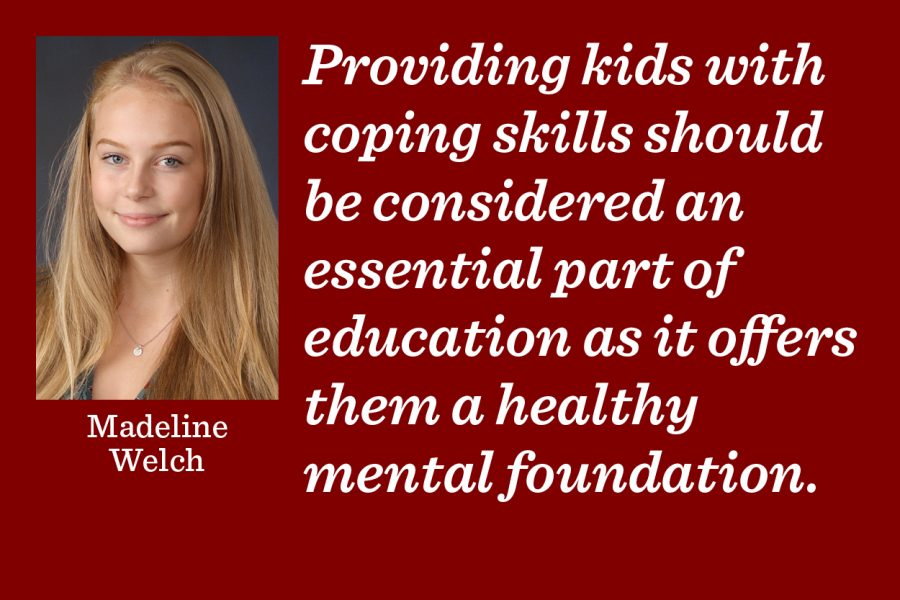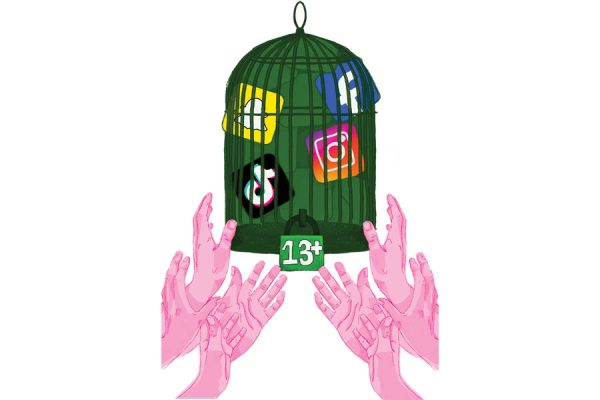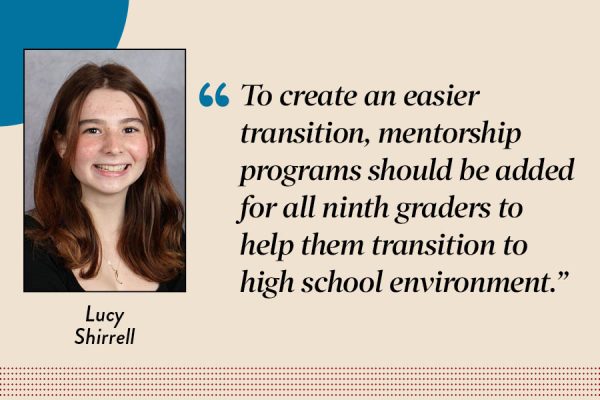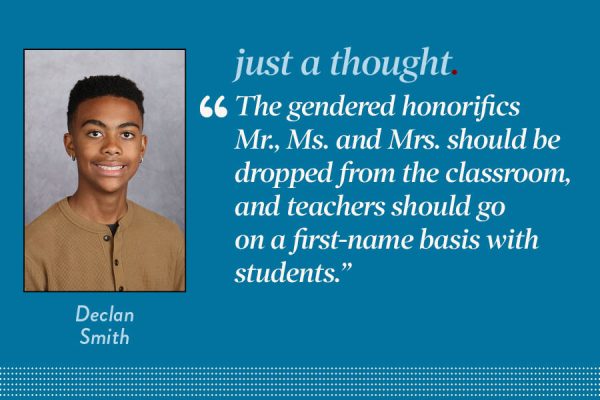To prevent tragedy, add mental health education
March 11, 2019
Some froze. Some cried. Some frantically dragged desks across linoleum floors to block rooms from the hallways strewn with bullets and filled with puddles of blood. “There’s no way this is happening,” and “Douglas is a safe school,” said the students of Parkland, Florida, after the mass shooting that killed 17 people in February 2018.
No one thinks a shooting will happen at their school, but the government has done little to prevent tragedies like this. High schools should implement mandatory mental health education taught by trained professionals which would teach students skills to cope with stress, depression, anxiety and low self-esteem. The addition of these mental health programs will help students dealing with these severe problems and thus decrease the number of violent occur rences. Although the opposition argues that programs are less effective at preventing shootings than more forceful and armed tactics, the American Counseling Association stated that 61-78 percent of school shooters have a history of suicide attempts and a documented history of experiencing symptoms of extreme depression before committing a violent attack. The New York Times interviewed Dewey Cornell, a professor of education and a clinical psychologist at the University of Virginia, who stated that employing armed guards in schools would prevent shootings in the school. However, he also said, “Put a counselor or psychologist in a school, and you have the potential to prevent shootings in any building anywhere in the community.”
The ACA also specified that school violence has increased by 19 percent in the 21st century. BBC reported that 2018 was the most lethal year in terms of school shootings, tragically killing and injuring 113 people. Without giving youth assistance with maintaining mental health, these numbers will not improve.
It is crucial to recognize and treat mental disorders to give children a safe learning environment. Providing kids with coping skills should be considered an essential part of education as it offers them a healthy mental foundation that will serve them for their whole lives. The American Psychiatric Association showed that 90 percent of people with mental disorders start developing symptoms during their teens, and a whopping 20 percent of American children are diagnosed with mental illnesses every year. Adding mental programs to schools will stop the problem at the root by providing people with support at a young age.
The suggested programs are not only preferable in theory, they have also been proven to greatly assist students’ mental health. In 2016, 100 school districts in Washington state implemented a mental health curriculum. Since this development, 85 percent of students have improved their knowledge of mental health and 66 percent of students feel more equipped to deal with stigmatizing, discriminatory questions.
Making mental health education mandatory will help to not only make schools safer, but to also make the country safer in the long run.




















